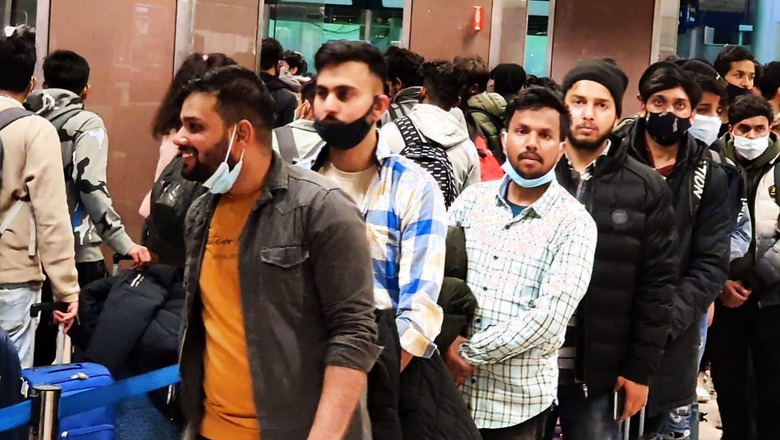
views
“The education system’s skilling curriculum needs to change in order to adapt to the changing times,” said Aditya Munjal, Director, Hero Cycles. The firm has suggested changes to the ITI curriculum and claims that their recommendations have also been accepted by the All India Council for Technical Education (AICTE). Some of the changes suggested by Hero Cycles include adding teaching group discussion to the course, teaching concepts of trigonometry rather than teaching basics, practical experience of handling instruments, focusing more on OJT, problem-solving skills, techniques of identifying the cause of malfunctions among others.
The bicycle manufacturing company claims that there is a “huge gap between the skill level expectation and the skill-sets that the students come equipped with”. This skill gap, however, is not just limited to the ITI education but the engineering graduates too need to have a curriculum updated as per the industry needs.
Read | From IITs to Nykaa to Titan, Internship Offers at Top Firms With Stipend Up to Rs 1.5 Lakh
“The mechanical sector is growing at a fast pace and there is a strong urge to upgrade the curriculum. We need to ensure that freshers take ownership, responsibility, and pride in giving their best and at the same time are able to handle pressure, stay updated with the latest industry trends and focus on their writing skills, work ethics, culture, and team building,” said Munjal.
Most industry partners recruit freshers from ITIs and spend time, effort, funds, and human resources on training the students for at least six months. They spend around Rs 60,000 per person to make them job-ready.
Currently, most industry partners recruit freshers from ITIs and spend time, effort, funds, and human resources on training the students for at least six months. They spend around Rs 60,000 per person to make them job-ready.
“The current ITI mechanical engineering curriculum needs to focus more on OJT, problem-solving skills, techniques of identifying the cause of malfunctions of machines, and quick solutions. It needs to be revised and updated on a regular basis to reflect the evolving technological needs of the industry. This should be an ongoing process to increase the employability of those coming out of ITIs,” he said.
New syllabus recommendations
Hero Cycles has provided inputs for all six semesters of the curriculum. This includes adding teaching group discussion to the course as it would be helpful on the work floor. “This would help them learn about the decorum of meetings, such as how to conduct and conclude meetings, along with taking notes on what is being discussed,” said the company.
Read | AICTE Introduces Unified Credit Framework, Students to Get 8 Credits After PhD
In the third semester, inputs have been shared for the detailed processes involved in heat treatment. The current syllabus does not have any information on metallurgy. It is imperative to have knowledge about the various properties of the materials and granules for successfully undertaking the heat treatment processes.
In math, the company has suggested starting with the concepts of trigonometry rather than teaching basics such as why it is required and where we can use it. “Currently, students are not taught how to handle and use measuring instruments at the institutes. Hence, inputs in geometric dimensioning and tolerancing, and measuring instruments have been provided as an important part of the study. This becomes very critical while interpreting machine and engineering drawings (blueprints),” it added. Several inputs have been provided for industry safety aspects.
Practical experience important
“The current curriculum mentions that there should be practical knowledge of measuring instruments and their usage, tool handling, etc, but this experience of practical handling is missing,’ says Hero Cycles. There needs to be close coordination between the demand side – industry, and educational institutions. Students need to have more practical experience of working on machines or simulators, to be industry ready, it added.
At an industry level, there is a huge demand for a skilled workforce and an opportunity to hire young people. The industry is unable to find people with the right skill-sets. While on the other hand, academic institutions are looking to get their students placed. “This is only possible by revising the curriculum at all levels from time to time, making our educational and vocational systems more industry-friendly,” Munjal said.
Read the Latest News and Breaking News here



















Comments
0 comment